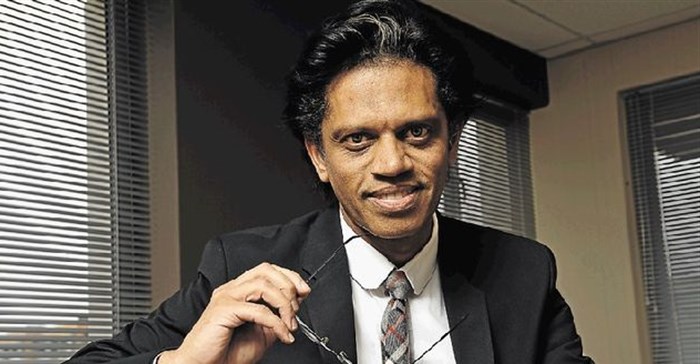The Independent Regulatory Board for Auditors (IRBA) told Parliament that it has followed the VBS Mutual Bank developments from the time the South African Reserve Bank (Sarb) placed the bank under curatorship.

Bernard Agulhas, CEO of IRBA
An investigation letter was sent to the lead audit partner at KPMG, the firm responsible for the last audit opinion on the bank prior to its curatorship, and a second partner also of KPMG, who held undisclosed financial interests, on April 16, 2018, said Bernard Agulhas, CEO of IRBA. The investigation letters notified them of a mero motu investigation into the audit of the distressed bank. Both registered auditors have since exited KPMG.
He said both respondents did respond to the investigation letters; but that, not all the requested information has been provided by the respondents.
The IRBA investigates the professional conduct of registered auditors when there is prima facie evidence that an external audit may not have been conducted in accordance with international auditing standards and the IRBA Code of Professional Conduct. It does not investigate the audit client.
Internal auditors
Internal auditors and internal audit engagements are not subject to the provisions of the Auditing Profession Act unless the internal auditor is also a registered auditor. After its preliminary inquiries, on April 20, 2018, IRBA opened an investigation into the internal auditor from PWC.
“With the release of the Motau Report on 9 October 2018, we noted the additional allegations and the implication of a third partner at KPMG. As a result, we initiated an investigation into the engagement quality control review partner. This necessitated calling for further evidence in order to determine whether there was any breach of standards by this partner," Agulhas said.
The IRBA indicated that the scope of the investigation had increased dramatically and currently it was therefore not able to advise how much additional time it requires.
Slap on the wrist
“The limits to sanctions are up to R200,000 per charge. The public has expressed its dissatisfaction and termed it a slap on the wrist. We agree. The amount is far too low and so the act amendments currently underway include an important change which will allow the minister of finance to set the upper limit to sanctions from time to time. This will allow the IRBA to apply sanctions which are more appropriate to the scale of the negligence. Other amendments will include changes to the current disciplinary process which will be less onerous and costly but still protect the rights of all parties. As well as the addition of the power to subpoena information and individuals.
“We anticipate that Treasury will be presenting the results of the comment process to a hearing of the Standing Committee on Finance (SCoF) during November. The process has been prioritised by Treasury, so we are hopeful that we are on track for the Amendment Bill to be passed into law early next year. The myriad of changes will remove some of the hindrances that have limited us in our ability to protect the public," he said.



















































